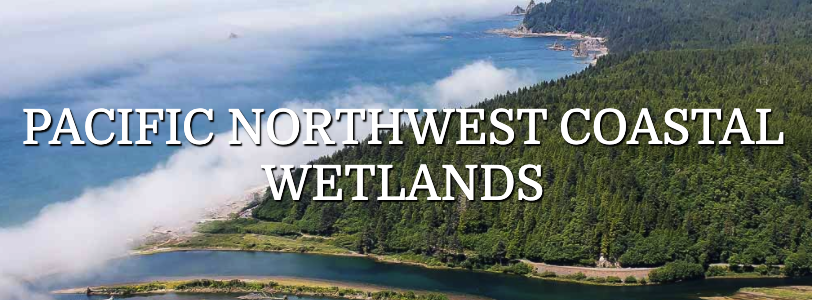Congratulations to the Pacific Birds partners who were awarded 2020 Partnership Grant funds! Almost $200,000 is being distributed to 13 organizations across our region. Pacific Birds' financial support to partners, whether from these partnership grants or other directed funding, seeks to advance our conservation priorities. We received 37 proposals from Alaska, Washington, Oregon, California, and Hawaiʻi. We looked for effective leveraging and partnerships, capacity building opportunities, particular needs related to Covid-19, and the expected short and long-term outcomes for birds and habitats. Projects selected for funding will be highlighted on our website over the course of the next year, starting with a project underway in Hawaiʻi.

Our existing Oak and Prairie partners in Washington, Oregon and California will receive awards to advance their respective local/regional partnerships in various ways. The East Cascades Oak Partnership is now poised to implement select conservation strategies, while the Umpqua Oaks Partnership (with partner the Partnership for Umqua Rivers) is about to dive into the strategic planning process. The Klamath Siskoyou Oak Network will benefit from capacity funding to continue and expand the partnership, and the Willamette Partnership will work on developing and sharing oak and prairie-related communications tools and strategies.

In Hawaiʻi, project awards were all related to wetland habitats and the native birds that inhabit them. We will provide support for an avian botulism alert system and for on-the-ground research on the ʻalae ʻula (Hawaiian Common Gallinule). We will also provide funds to enhance wetlands at Kawainui Marsh; expand upon and create new outreach directed at school communities; and evaluate wetlands for restoration potential.

Within our Pacific Northwest Coastal Wetlands priority, the project awards will lead to the completion of a 356-acre acquisition in coastal California; contribute to an estuary mapping project in Willapa Bay; advance conservation in Dabob Bay on Puget Sound; and build a new partnership and host an Indigenous Knowledge Workshop centered around birds in Southcentral Alaska.
